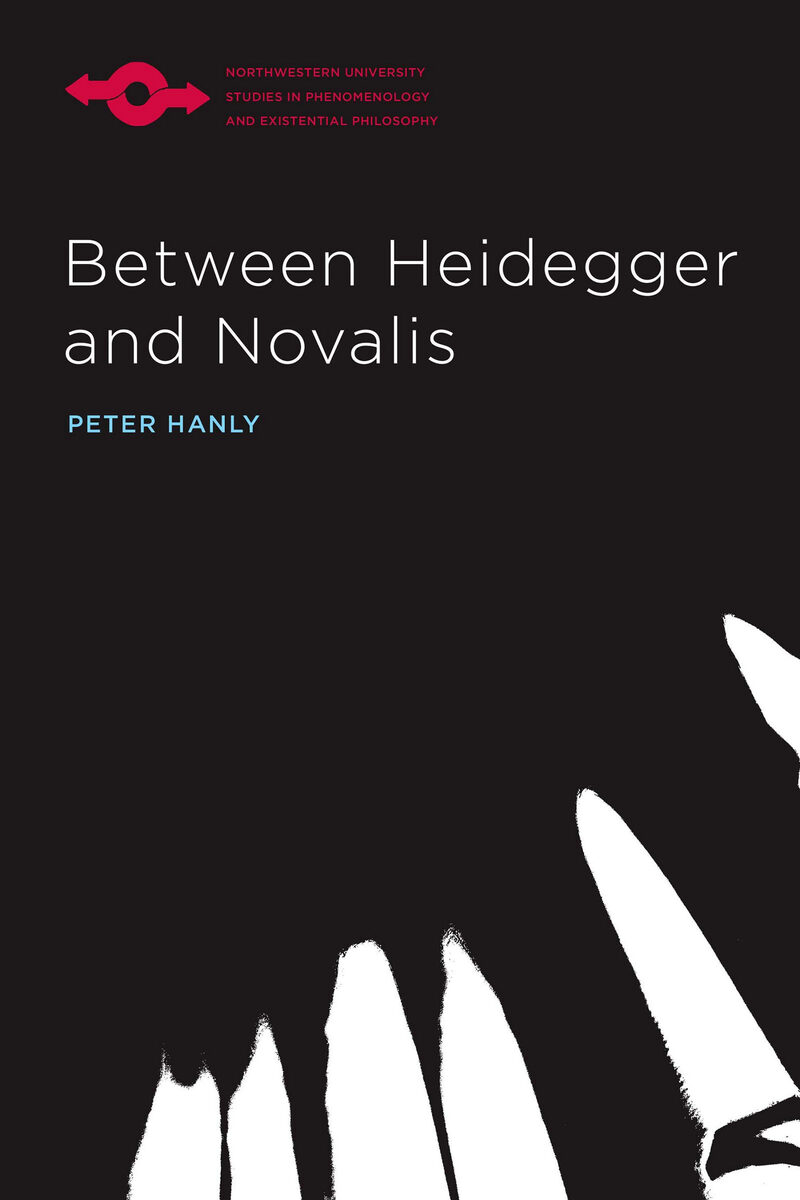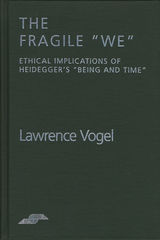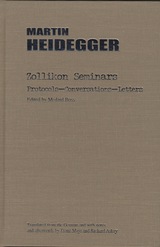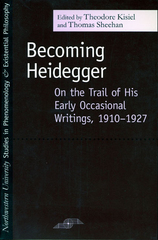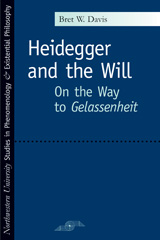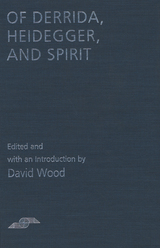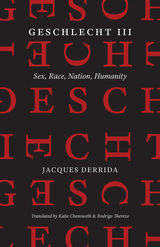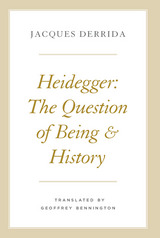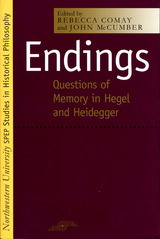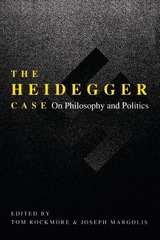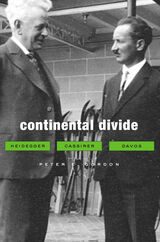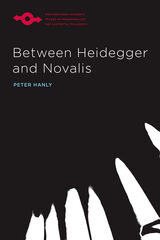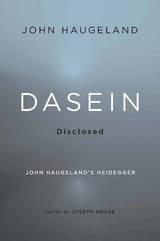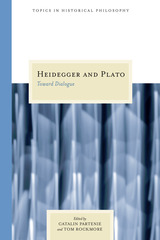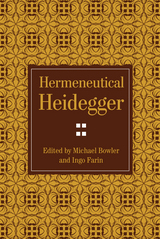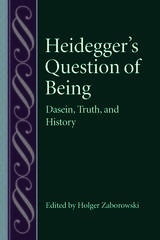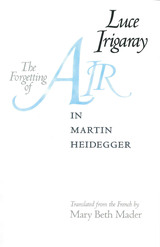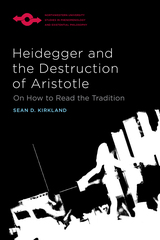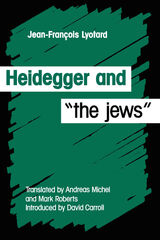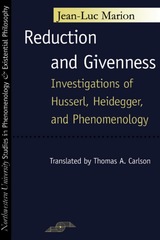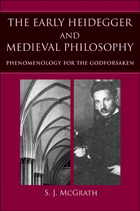Between Heidegger and Novalis
Northwestern University Press, 2021
Paper: 978-0-8101-4324-1 | Cloth: 978-0-8101-4325-8 | eISBN: 978-0-8101-4326-5
Library of Congress Classification B3279.H49H273 2021
Dewey Decimal Classification 193
Paper: 978-0-8101-4324-1 | Cloth: 978-0-8101-4325-8 | eISBN: 978-0-8101-4326-5
Library of Congress Classification B3279.H49H273 2021
Dewey Decimal Classification 193
ABOUT THIS BOOK | AUTHOR BIOGRAPHY | REVIEWS | TOC | REQUEST ACCESSIBLE FILE
ABOUT THIS BOOK
This book brings a central figure of the early German Romantic movement—the poet and philosopher Novalis—into dialogue with the work of Martin Heidegger. Looking beyond the question of direct influence, the book demonstrates that Novalis and Heidegger pursued complementary endeavors as thinkers of relation. Implicitly operative in their thinking, Peter Hanly argues, is an excavation of the Greek conception of harmonia found in the fragments of the pre-Socratic thinker Heraclitus. This is a conception that understands harmony not as concordance but as primal dissonance. It is this experience of harmonia, Hanly proposes, that allows both Novalis and Heidegger to think relation in terms of dynamic and contradictory energies of separation and convergence. Between Heidegger and Novalis thus is a study of the “in-between,” associated in Novalis with energies of fertility and productivity and in Heidegger with energies of agonistic difference.
An entirely new approach to both Novalis and Heidegger, this book will interest scholars and students engaged with continental philosophy and the legacy of German Romanticism.
An entirely new approach to both Novalis and Heidegger, this book will interest scholars and students engaged with continental philosophy and the legacy of German Romanticism.
See other books on: 1772-1801 | 1889-1976 | Existentialism | Heidegger, Martin | Idealism
See other titles from Northwestern University Press
